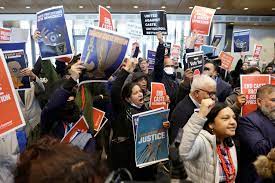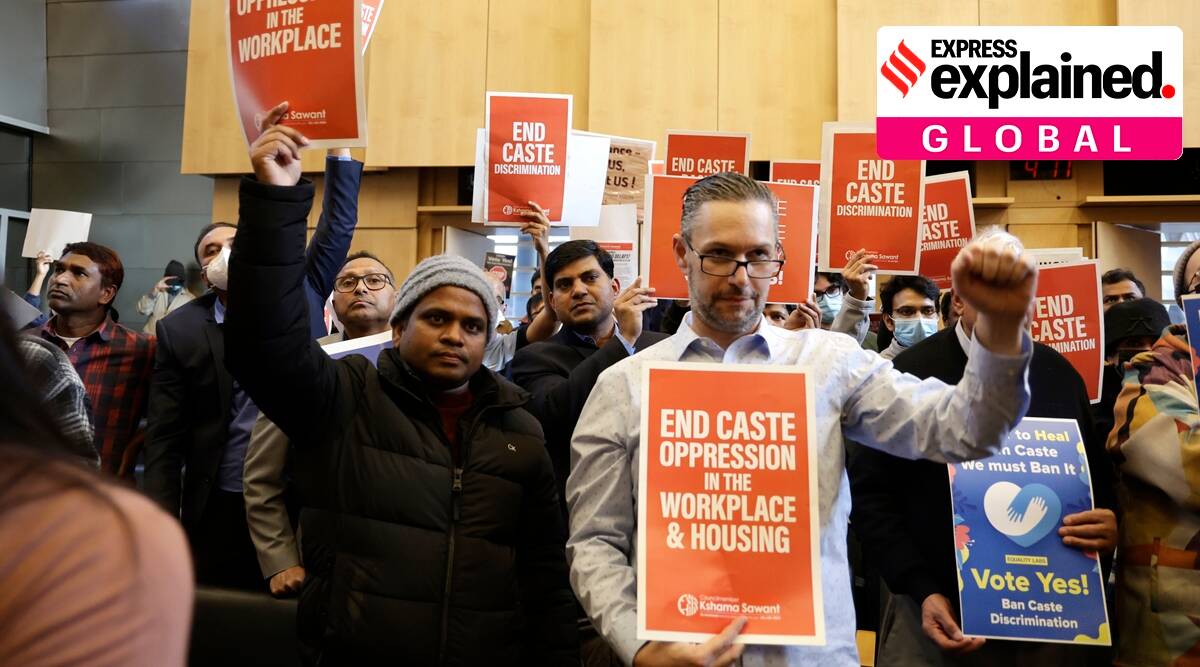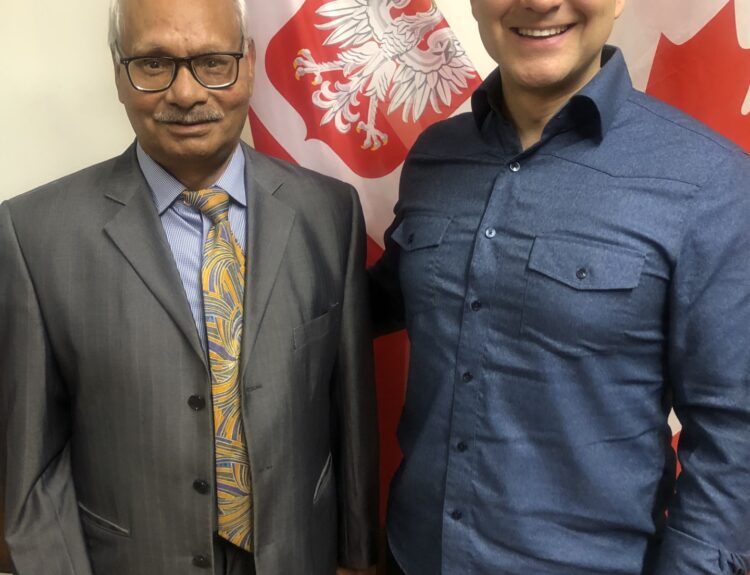Despite opposition from Hindu groups, the Seattle City Council on Tuesday voted to add caste to the city’s anti-discrimination laws, becoming the first U.S. city to ban caste discrimination and the first in the world to pass such a law outside South Asia. The packed room, which overflowed with activists from both sides bearing banners, chanting slogans, challenging speakers and city officials as they made their comments, laid bare stark divisions over this issue within the South Asian Diaspora. A majority of those present in council chambers were supporters of the ordinance and those opposed were a vocal minority.
SEATTLE – Despite opposition from Hindu groups, the Seattle City Council on Tuesday voted to add caste to the city’s anti-discrimination laws, becoming the first U.S. city to ban caste discrimination and the first in the world to pass such a law outside South Asia.
Calls to outlaw discrimination based on caste, a division of people based on birth or descent, have grown louder among South Asian Diaspora communities in the United States. But the movement has been getting pushback from some Hindu Americans who argue that such legislation maligns a specific community, reported Associated Press.
Tensions within the community were visible at Seattle City Hall on Tuesday as a noisy hearing culminated with a 6-1 vote with a majority of the council agreeing that caste discrimination crosses national and religious boundaries and that without such laws, those facing caste discrimination in the U.S. will have no protections.

The packed room, which overflowed with activists from both sides bearing banners, chanting slogans, challenging speakers and city officials as they made their comments, laid bare stark divisions over this issue within the South Asian Diaspora. A majority of those present in council chambers were supporters of the ordinance and those opposed were a vocal minority.
As council members voted in favor of the ordinance, the chamber erupted into cheers of “Jai Bhim,” which means “victory for Bhim” a rallying cry adopted by followers of B.R. Ambedkar, an Indian Dalit rights icon whose given name was Bhimrao. Dalit groups and their supporters say caste discrimination is prevalent in U.S. Diaspora communities, manifesting itself in the form of social alienation and discrimination in housing, education and the tech sector where South Asians hold key roles.
Yogesh Mane, a Seattle resident who grew up as an untouchable in India, broke into tears as he heard the council’s decision.
“I’m emotional because this is the first time such an ordinance has been passed anywhere in the world outside of South Asia,” he said. “It’s a historic moment.”

Shobha Swamy, a representative of the Coalition of Hindus of North America said she was disappointed by the council deliberations and line of questioning. The group said they received a show of support from over 100 organizations.
“Due diligence wasn’t done,” said Swami, who flew in from Atlanta.
Over the past three years, several colleges and university systems have moved to prohibit caste discrimination.
In December 2019, Brandeis University near Boston became the first U.S. college to include caste in its nondiscrimination policy. The California State University System, Colby College, Brown University and the University of California, Davis have all adopted similar measures. Harvard University instituted caste protections for student workers in 2021 as part of its contract with its graduate student union.
Courtesy Associated Press

















